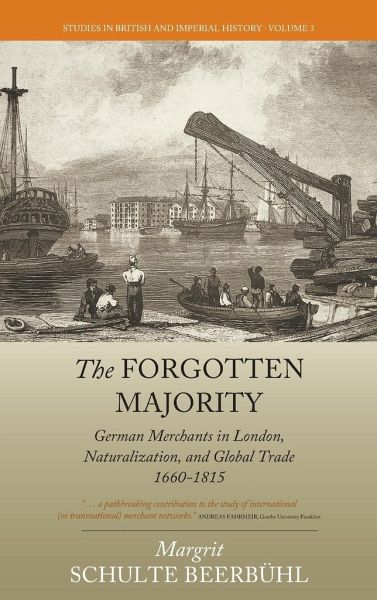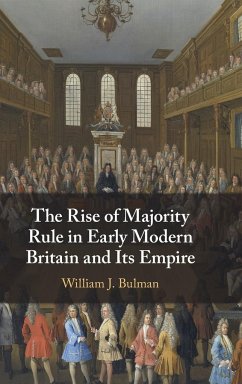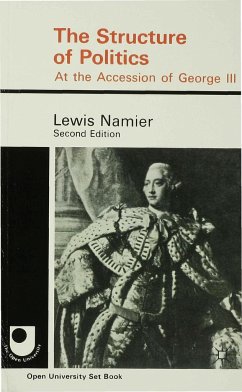
The Forgotten Majority
German Merchants in London, Naturalization, and Global Trade 1660-1815

PAYBACK Punkte
66 °P sammeln!
Assesses the causes of the migration of German merchants to London between the end of the Hanseatic League and the end of the Napoleonic Wars, as well as the establishment of their businesses and the global reach of their enterprises. Investigates trhe commercial function of British naturalization policy in the early modern period Considers the risks of failure and their chances for a new beginning in a foreign environment













![Forgotten Revolution [The Centenary Edition] The Limerick Soviet 1919 Cover Forgotten Revolution [The Centenary Edition] The Limerick Soviet 1919](https://bilder.buecher.de/produkte/56/56406/56406469n.jpg)